“Passive, submissive imitation does exist, but hatred of conformity and extreme individualism are no less imitative. Today they constitute a negative conformism that is more formidable than the positive version. More and more, it seems to me, modern individualism assumes the form of a desperate denial of the fact that, through mimetic desire, each of us seeks to impose his will upon his fellow man, whom he professes to love but more often despises.”
“I was taught, as you were, to become an identity-seeker, hoping to find personal perfection, security, or a vicarious sense of fulfillment in some institutional entity, ideology, or other grouping with whose purposes I could merge my own… In the process of acquiring ego boundaries, we have learned to move outside ourselves, to define meaning, purpose, and success in life in terms of our becoming, in the literal sense of the word, the entity with which we have identified ourselves. We learn to conform our thoughts and behavior to the demands of those who claim to represent this abstraction. Like dependent children, we have learned to invest these external agencies with the authority to direct our lives, as we pledged unto them our continuing subordination. We begin to channel not just our energies, but much of our very being into these authorities. We learned to not only take direction from these entities, but to align our life purposes with theirs. We have come to believe that our personal weakness and subservience will be more than compensated for by our sharing in the power and glory of our collective identity.
—Butler D. Shaffer from Calculated Chaos
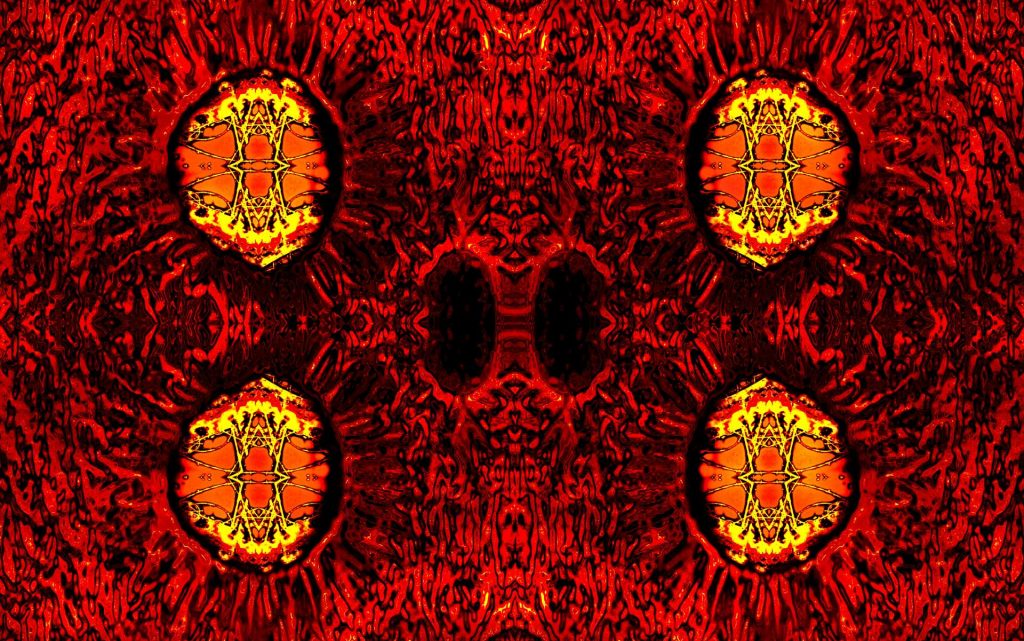
by Howard Bloom
In neural nets built by computer specialists, nodes that are needed to solve a current problem are strengthened, and those no longer necessary weaken and shut down. The same thing happens with human beings. Like bees, we are in constant contact. Clint Eastwood rides into town from the desert, carrying his own gun, and shares his thoughts with no one. On the other hand, when you watch a classic Clint Eastwood film, you’re generally seated at your television. A half an hour before you saw the movie, you watched the news. That broadcast gave you a sense of where your country stood in the relative hierarchy of nations at that moment. The economic portion gave a feeling of the health of the superorganism of which you are a part. The ads conveyed an impression of the group posture on everything from hairstyles to automobiles. By the time you go to bed at night, you’ve exchanged information with dozens of people. You’ve absorbed data that has brought you in touch with every level of your society. No individual confronts his environment alone. None of us wanders the woods in solitude, killing our food with weapons we alone have invented and made. When you’re out of work because of an economic depression, the depression is something over which you have no personal control. Like the bee, the best you can do is rush from one fellow denizen of the society to another, swapping information and hoping for salvation from other human beings. You can curry favor with your former boss, or call all your contacts for another job. Your crisis is a reminder of your dependence on others. An economic depression is a paroxysm in a human network, a network that produces food 1,500 miles from you, the food that will someday sit on your table. Humans you have never met, tucked in a distant corner of a sprawling economic web, craft your furniture and build your house. You do only the small part a bee does in the corridors of her hive. It is the social system, the superorganism, that performs the task of facing down a hostile nature.
Evolution is not just a competition between individuals. It is a competition between networks, between webs, between group souls. The new forms evolving on the face of this planet are not resident only in the features of individual animals or men. They don’t merely consist of longer legs or bigger brains. The new forms are impalpable and invisible. They consist of the varieties of cooperation that grow up between solitary creatures—the unseen ties that bind those creatures together into a larger unit. They consist of the entelechy, the shape not of the parts, but of the sum of the parts.
by Bruce Schneier
The perfect enforcement that comes with ubiquitous government surveillance chills this process. We need imperfect security—systems that free people to try new things, much the way off-the-record brainstorming sessions loosen inhibitions and foster creativity. If we don’t have that, we can’t slowly move from a thing’s being illegal and not okay, to illegal and not sure, to illegal and probably okay, and finally to legal. This is an important point. Freedoms we now take for granted were often at one time viewed as threatening or even criminal by the past power structure. Those changes might never have happened if the authorities had been able to achieve social control through surveillance. This is one of the main reasons all of us should care about the emerging architecture of surveillance, even if we are not personally chilled by its existence. We suffer the effects because people around us will be less likely to proclaim new political or social ideas, or act out of the ordinary. If J. Edgar Hoover’s surveillance of Martin Luther King Jr. had been successful in silencing him, it would have affected far more people than King and his family. Of course, many things that are illegal will rightly remain illegal forever: theft, murder, and so on. Taken to the extreme, though, perfect enforcement could have unforeseen repercussions. What does it mean for society if the police can track your car 24/7, and then mail you a bill at the end of the month itemizing every time you sped, ran a red light, made an illegal left turn, or followed the car in front of you too closely? Or if your township can use aerial surveillance to automatically fine you for failing to mow your lawn or shovel your walk regularly? Our legal systems are largely based on human judgment. And while there are risks associated with biased and prejudiced judgments, there are also risks associated with replacing that judgment with algorithmic efficiency.


by David Deutsch
Today, almost the entire capacity of the Earth’s ‘life-support system for humans’ has been provided not for us but by us, using our ability to create new knowledge. There are people in the Great Rift Valley today who live far more comfortably than early humans did, and in far greater numbers, through knowledge of things like tools, farming and hygiene. The Earth did provide the raw materials for our survival – just as the sun has provided the energy, and supernovae provided the elements, and so on. But a heap of raw materials is not the same thing as a life-support system. It takes knowledge to convert the one into the other, and biological evolution never provided us with enough knowledge to survive, let alone to thrive. In this respect, we differ from almost all other species. They do have all the knowledge that they need, genetically encoded in their brains. And that knowledge was indeed provided for them by evolution – and so, in the relevant sense, ‘by the biosphere’. So, their home environments do have the appearance of having been designed as life-support systems for them, albeit only in the desperately limited sense that I have described. But the biosphere no more provides humans with a life-support system than it provides us with radio telescopes.
So, the biosphere is incapable of supporting human life. From the outset, it was only human knowledge that made the planet even marginally habitable by humans, and the enormously increased capacity of our life-support system since then (in terms both of numbers and of security and quality of life) has been entirely due to the creation of human knowledge. To the extent that we are on a ‘spaceship’, we have never been merely its passengers, nor (as is often said) its stewards, nor even its maintenance crew: we are its designers and builders. Before the designs created by humans, it was not a vehicle, but only a heap of dangerous raw materials.
The moral component of the Spaceship Earth metaphor is therefore somewhat paradoxical. It casts humans as ungrateful for gifts which, in reality, they never received. And it casts all other species in morally positive roles in the spaceship’s life-support system, with humans as the only negative actors. But humans are part of the biosphere, and the supposedly immoral behavior is identical to what all other species do when times are good – except that humans alone try to mitigate the effect of that response on their descendants and on other species.
In some environments in the universe, the most efficient way for humans to thrive might be to alter their own genes. Indeed, we are already doing that in our present environment, to eliminate diseases that have in the past blighted many lives. Some people object to this on the grounds (in effect) that a genetically altered human is no longer human. This is an anthropomorphic mistake. The only uniquely significant thing about humans (whether in the cosmic scheme of things or according to any rational human criterion) is our ability to create new explanations, and we have that in common with all people. You do not become less of a person if you lose a limb in an accident; it is only if you lose your brain that you do. Changing our genes in order to improve our lives and to facilitate further improvements is no different in this regard from augmenting our skin with clothes or our eyes with telescopes.
by David Graeber
It strikes me that what is really important about violence is that it is perhaps the only form of human action that holds out the possibility of operating on others without being communicative. Or let me put this more precisely. Violence may well be the only way in which it is possible for one human being to have relatively predictable effects on the actions of another without understanding anything about them. Pretty much any other way one might try to influence another’s actions, one at least has to have some idea who they think they are, who they think you are, what they might want out of the situation, and a host of similar considerations. Hit them over the head hard enough, all this becomes irrelevant. It’s true that the effects one can have by hitting them are quite limited. But they are real enough, and the fact remains that any alternative form of action cannot, without some sort of appeal to shared meanings or understandings, have any sort of effect at all. What’s more, even attempts to influence another by the threat of violence, which clearly does require some level of shared understandings (at the very least, the other party must understand they are being threatened, and what is being demanded of them), requires much less than any alternative. Most human relations – particularly ongoing ones, such as those between longstanding friends or longstanding enemies – are extremely complicated, endlessly dense with experience and meaning. They require a continual and often subtle work of interpretation; everyone involved must put constant energy into imagining the other’s point of view.
Threatening others with physical harm on the other hand allows the possibility of cutting through all this. It makes possible relations of a far more schematic kind: i.e., ‘cross this line and I will shoot you and otherwise I really don’t care who you are or what you want’. This is, for instance, why violence is so often the preferred weapon of the stupid: one could almost say, the trump card of the stupid, since it is that form of stupidity to which it is most difficult to come up with an intelligent response. There is, however, one crucial qualification to be made here. The more evenly matched two parties are in their capacity for violence, the less all this tends to be true. If two parties are engaged in a relatively equal contest of violence, it is indeed a very good idea for each to understand as much as possible about the other. A military commander will obviously try to get inside his opponent’s mind. Two duelists, or boxers, will try to anticipate the other’s next move. It’s really only when one side has an overwhelming advantage in their capacity to cause physical harm this is no longer the case. Of course, when one side has an overwhelming advantage, they rarely have to actually resort to actually shooting, beating, or blowing people up. The mere threat will usually suffice. This has a curious effect. It means that the most characteristic quality of violence – its capacity to impose very simple social relations that involve little or no imaginative identification – becomes most salient in situations defined by the possibility of violence, but where actual, physical violence is least likely to be present.


by Butler Shaffer
I have long been interested in discovering whether social conditions can exist that maximize both individual liberty and societal order. Conventional wisdom insists this is not possible; that order and liberty are inconsistent values that must be balanced one against the other. We are told we must sacrifice some liberty in order to maintain order in society; that to believe otherwise is to engage in flights of idealistic fancy or utopian visions.
As people find their lives increasingly dominated by formal systems that suppress individual liberty, it becomes evident that the order being served has far less to do with their personal needs than with fostering the interests of the institutions in charge of the machinery of societal control.
Is it possible for millions to live together in ways in which social harmony and individual autonomy are neither “balanced” nor sacrificed one to the other, but become the integrated expression of what it means to be human?
why should I have to justify my desire for liberty on any grounds other than the fact that I do not choose to be coerced? Why need I appeal to any principle beyond that of my own will? Of course, my desire for an unhindered expression of my will could bring me into conflict with others, thus causing my liberty to become a source of social disorder.
We are individuals with a variety of tastes and values who, at the same time, are social beings who have both psychic and economic needs for cooperation with one another. This requires us to have realms of personal authority within which we can act without interference from others. But, alas, our self-interest-motivated pursuits are not always restrained by a respect for the inviolability of the interests of our neighbors. We occasionally resort to personal acts of violence in order to promote our interests. Far more dangerous, however, has been our willingness to create institutionalized systems of violence (i.e., the state)…
by Norbert Häring, Niall Douglas
Economics is supposed to be about revealing truth such that society learns to become better than it was before. In this, it is supposed to be like physics or medicine. It is not supposed to be another tool for the powerful to enrich themselves at the expense of others. And it is most certainly not supposed to be a weapon for achieving US hegemony at the cost of everything else – including the long-term sustainability of the United States itself.
The global financial crisis that started in 2007 made it obvious to many that there is something amiss in mainstream neoclassical economics as propagated by the leading Anglo-Saxon economists and their epigones. Few people still agree that what happens in the economy has everything to do with market forces, and nothing to do with power in its various guises. These include the power to abuse informational advantage, the power to give or withhold credit, the power to charge customers more than it costs you to produce, and the power to change the institutional setting to your advantage. There is the power of the corporate elite to manipulate their own pay and to cook the books, the power of rating agencies to issue self-fulfilling prophecies, the power of governments to manipulate the yardsticks that voters are offered to judge their economic policies. All these types of power, which were important in bringing about the global financial crisis, are defined away by standard assumptions of most mainstream economic models. These models feature perfect competition, efficient financial markets, full information and eternal equilibrium. People are modeled as being perfectly substitutable for one another, which stands in stark contrast to the championing of the individual that has long been a mainstay of mainstream economics. In particular, defining away imperfect and asymmetric information – and not talking about it – goes a long way in tacitly taking power out of economics.
Power has been made taboo and thus acquired a negative connotation. However, most firms and corporations would not function without it. Without functioning corporations, there would be no basis for the high wages that they pay. Thus the exercise of power can be good for society (Bowles and Gintis 2008). As power is a fact of life, it is far more important to account for it than to judge it. If powers are distributed and used in unfair ways, the important thing is to make the real power structure visible. Informed voters can demand redress.
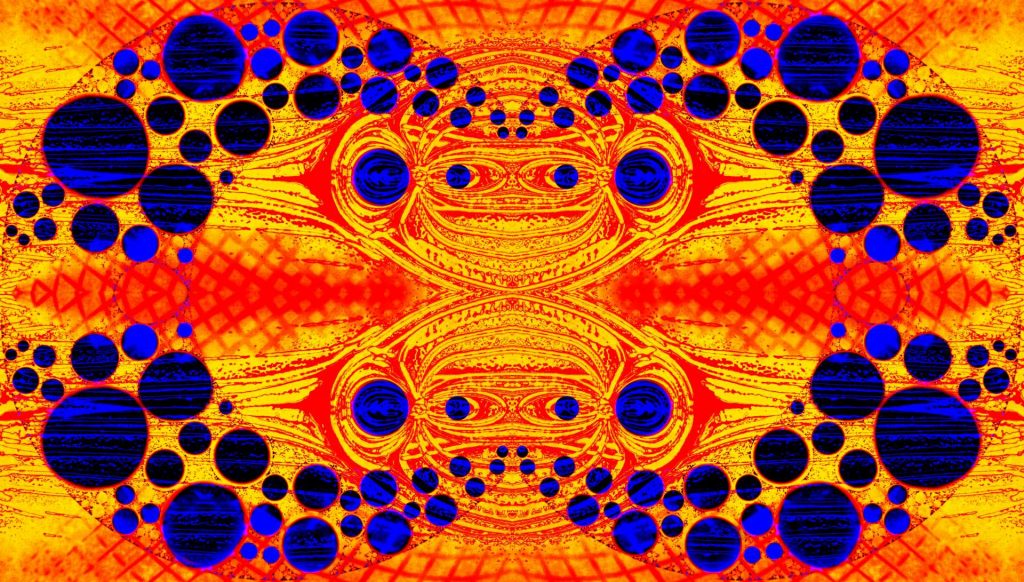
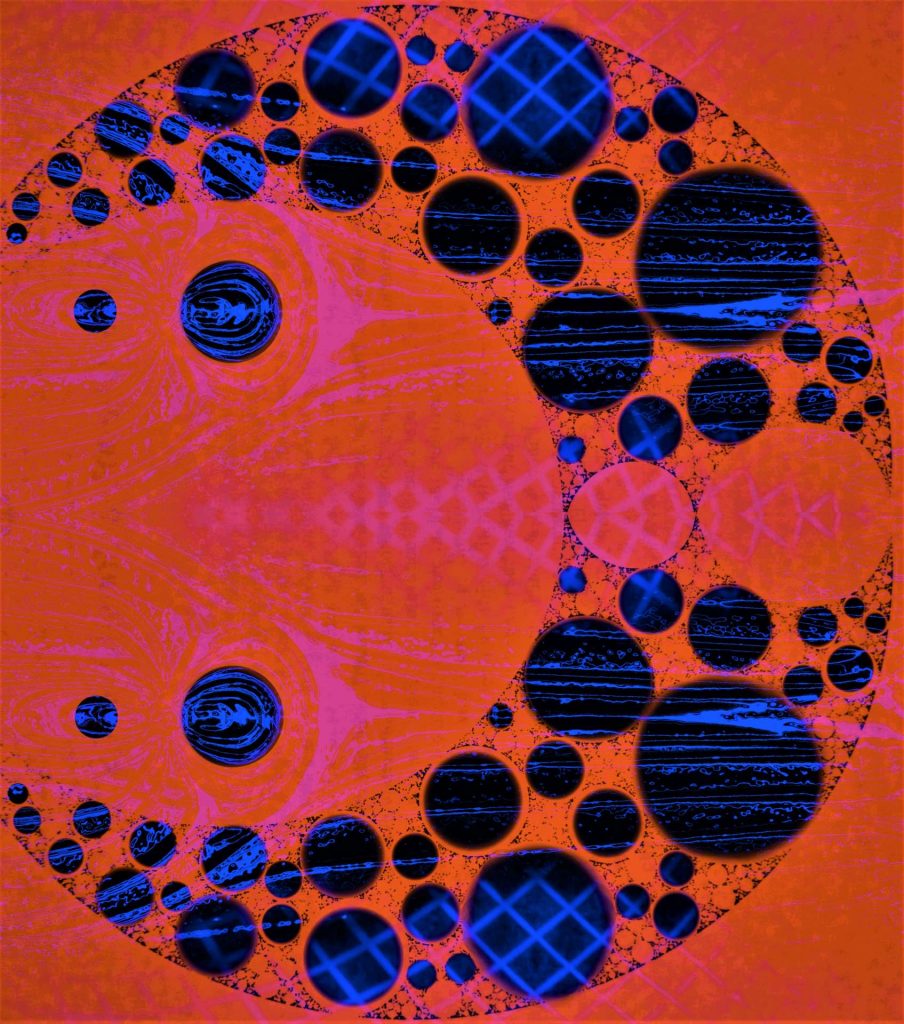
by Stuart Armstrong
Imagine a human who, every time they opened their mouth, had spent a solid year to ponder and research whether their response was going to be maximally effective. That is what a social AI would be like. With the ability to converse comes the ability to convince and to manipulate. With good statistics, valid social science theories, and the ability to read audience reactions in real time and with great accuracy, AIs could learn how to give the most convincing and moving of speeches. In short order, our whole political scene could become dominated by AIs or by AI-empowered humans image consultants—though AIs would be much more effective). Or, instead of giving a single speech to millions, the AI could carry on a million individual conversations with the electorate, swaying voters with personalized arguments on a plethora of hot-button issues.
Alternately or additionally, the AIs could become skilled economists and CEOs, guiding companies or countries with an intelligence no human could match. Already, relatively simple algorithms make more than half of stock trades3 and humans barely understand how they work—what returns on investment could be expected from a superhuman AI let loose in the financial world? If an AI possessed any one of these skills—social abilities, technological development, economic ability—at a superhuman level, it is quite likely that it would quickly come to dominate our world in one way or another.
by John Brockman
The notion of a transcendent force that moves the universe or history or determines what is right and good—and whose existence is fundamentally beyond reason and immune to logical or empirical disproof—is the simplest, most elegant, and most scientifically baffling phenomenon I know of. Its power and absurdity perturbs mightily and merits careful scientific scrutiny. In an age in which many of the most volatile and seemingly intractable conflicts stem from sacred causes, scientific understanding of how best to deal with the subject has also never been more crucial. Call it love of Group or God, or devotion to an Idea or Cause, it matters little in the end. It is the “the privilege of absurdity; to which no living creature is subject, but man only,” of which Hobbes wrote in Leviathan. In The Descent of Man, Darwin cast it as the virtue of “morality,” with which winning tribes are better endowed in history’s spiraling competition for survival and dominance. Unlike other creatures, humans define the groups they belong to in abstract terms. Often they strive to achieve a lasting intellectual and emotional bond with anonymous others and seek to heroically kill and die not in order to preserve their own lives or those of people they know but for the sake of an idea—the conception they have formed of themselves, of “who we are.
Humankind’s strongest social bonds and actions, including the capacities for cooperation and forgiveness, and for killing and allowing oneself to be killed, are born of commitment to causes and courses of action that are “ineffable”—that is, fundamentally immune to logical assessment for consistency and to empirical evaluation for costs and consequences.
If anything, evolution teaches that humans are creatures of passion and that reason itself is primarily aimed at social victory and political persuasion rather than philosophical or scientific truth. To insist that persistent rationality is the best means and hope for victory over enduring irrationality—that logical harnessing of facts could someday do away with the sacred and so end conflict—defies all that science teaches about our passion-driven nature. Throughout the history of our species, as for the most intractable conflicts and greatest collective expressions of joy today, utilitarian logic is a pale prospect to replace the sacred.
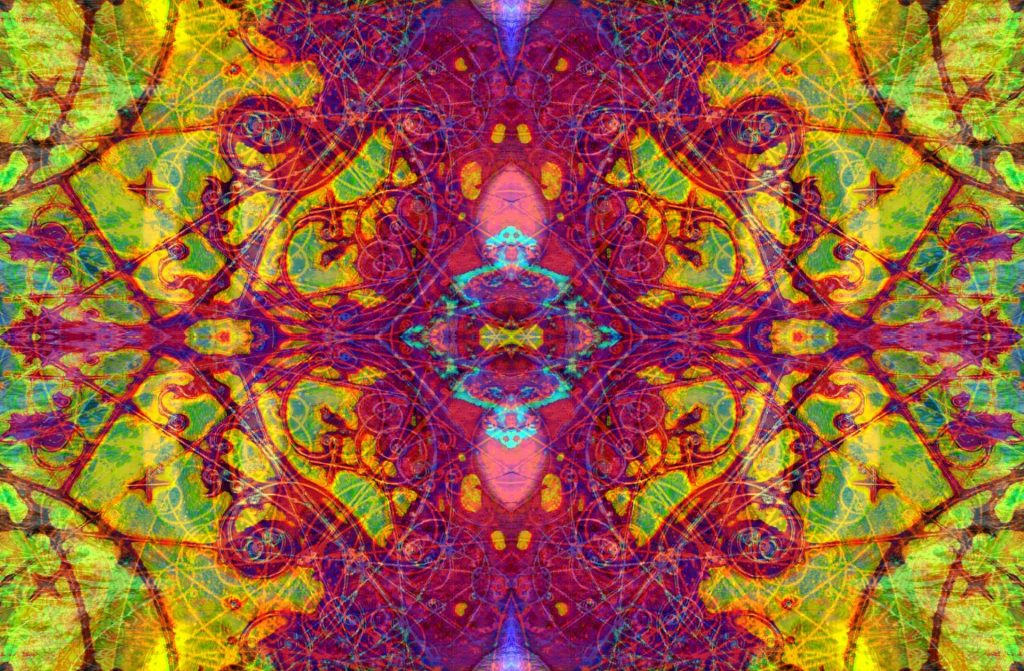

by Butler Shaffer
Western Civilization is in the crisis it is because we have sacrificed more profound values than the immediate and quantifiable consequences we tend to associate with the pursuit of our material interests. Among these are peace; liberty; respect for property, contracts, and the inviolability of the individual; truthfulness and the development of the mind; integrity; distrust of power; a sense of spirituality; and philosophically-principled behavior. But when our culture becomes driven by material concerns, these less tangible values recede in importance, and our thinking becomes dominated by the need to preserve the organizational forms that we see as having served our interests. In such ways do we create institutions.
The problem with all of this, as historians advise us, is that the institutionalization of the systems that produce the values upon which a civilization depends, ultimately bring about the destruction of that civilization. Arnold Toynbee observed that a civilization begins to break down when there is “a loss of creative power in the souls of creative individuals,” and, in time, the “differentiation and diversity” that characterized a dynamic civilization, is replaced by “a tendency towards standardization and uniformity.” The emergence of a “universal state,” and increased militarism, represent later stages in the disintegration of a civilization.
A creative civilization, in other words, is dynamic, not stable; adaptive to change, not seeking equilibrium. It is characterized not by those who seek to preserve what they have, but by those who seek to produce what their minds tell them they can have. Individual liberty abounds in such a society, as men and women advance new ideas, new technologies, and new practices.
But most institutions tend to be uncomfortable with liberty, for the processes of change that are implicit therein run counter to their purposes of a structured permanency. Because of their size and scope of operation, institutions deal with people on a mass, rather than individualized, basis. As our world becomes more institutionalized, standardization and uniformity become more dominant values. The informal systems and practices that connect people to one another get replaced by coercive rules, hierarchically-structured organizations, violence and the threats of violence, SWAT teams, torture, enhanced punishments, and longer prison sentences for an ever-widening group of offenses. As such coercive practices proliferate, there is a continual weakening of the informal social mechanisms and, like muscles that fall into disuse after a serious illness or injury, begin to atrophy. Manners and social habits soon give way to speech codes, “hate” crimes, and other forms of institutionally-mandated standards of conduct. When a civilization reaches the point at which only coercive force is capable of holding it together, it is finished as a viable system.
by Edward O. Wilson
The creation myth is a Darwinian device for survival. Tribal conflict, where believers on the inside were pitted against infidels on the outside, was a principal driving force that shaped biological human nature. The truth of each myth lived in the heart, not in the rational mind. By itself, mythmaking could never discover the origin and meaning of humanity. But the reverse order is possible. The discovery of the origin and meaning of humanity might explain the origin and meaning of myths, hence the core of organized religion.
HUMAN BEINGS CREATE cultures by means of malleable languages. We invent symbols that are intended to be understood among ourselves, and we thereby generate networks of communication many orders of magnitude greater than that of any animal. We have conquered the biosphere and laid waste to it like no other species in the history of life. We are unique in what we have wrought.
It was therefore inevitable that the genetic code prescribing social behavior of modern humans is a chimera. One part prescribes traits that favor success of individuals within the group. The other part prescribes the traits that favor group success in competition with other groups. Natural selection at the individual level, with strategies evolving that contribute maximum number of mature offspring, has prevailed throughout the history of life. It typically shapes the physiology and behavior of organisms to suit a solitary existence, or at most to membership in loosely organized groups. The origin of eusociality, in which organisms behave in the opposite manner, has been rare in the history of life because group selection must be exceptionally powerful to relax the grip of individual selection. Only then can it modify the conservative effect of individual selection and introduce highly cooperative behavior into the physiology and behavior of the group members.
The ancestors of ants and other hymenopterous eusocial insects (ants, bees, wasps) faced the same problem as those of humans. They finessed it by evolving extreme plasticity of certain genes, programmed so that the altruistic workers have the same genes for physiology and behavior as the mother queen, even though they differ drastically from the queen and among one another in these traits. Selection has remained at the individual level, queen to queen. Yet selection in the insect societies continues at the group level, with colony pitted against colony. This seeming paradox is easily resolved. As far as natural selection in most forms of social behavior is concerned, the colony is operationally only the queen and her phenotypic extension in the form of robot-like assistants. At the same time, group selection promotes genetic diversity among the workers in other parts of the genome to help protect the colony from disease. This diversity is provided by the male with whom each queen mates. In this sense, the genotype of an individual is a genetic chimera. It contains genes that do not vary among colony members, with castes being plastic forms created from the same genes, and genes that do vary among colony members as a shield against disease.
In mammals such a finesse was not possible, because their life cycle is fundamentally different from that of insects. In the key reproductive step of the mammal life cycle, the female is rooted to the territory of her origin. She cannot separate herself from the group in which she was born, unless she crosses over directly to a neighboring group—a common but tightly controlled event in both animals and humans. In contrast, the insect female can be mated, then carry the sperm like a portable male in her spermatheca long distances. She is able to start new colonies all by herself far from the nest of her birth.
The overpowering of individual selection by group selection has not only been rare in mammals and other vertebrates; it has never been and will likely never be complete. The fundamentals of the mammalian life cycle and population structure prevent it. No insect-like social system can be created in the theater of mammalian social evolution. The expected consequences of this evolutionary process in humans are the following: • Intense competition occurs between groups, in many circumstances including territorial aggression. • Group composition is unstable, because of the advantage of increasing group size accruing from immigration, ideological proselytization, and conquest, pitted against the opportunities to gain advantage by usurpation within the group and fission to create new groups. • An unavoidable and perpetual war exists between honor, virtue, and duty, the products of group selection, on one side, and selfishness, cowardice, and hypocrisy, the products of individual selection, on the other side. • The perfecting of quick and expert reading of intention in others has been paramount in the evolution of human social behavior. • Much of culture, including especially the content of the creative arts, has arisen from the inevitable clash of individual selection and group selection.
In summary, the human condition is an endemic turmoil rooted in the evolution processes that created us. The worst in our nature coexists with the best, and so it will ever be. To scrub it out, if such were possible, would make us less than human.
Thus different parts of the brain have evolved by group selection to create groupishness. They mediate the hardwired propensity to downgrade other-group members, or else in opposition to subdue its immediate, autonomic effects. There is little or no guilt in the pleasure experienced from watching violent sporting events and war films, providing the amygdala rules the action and the story unwinds to a satisfying destruction of the enemy.
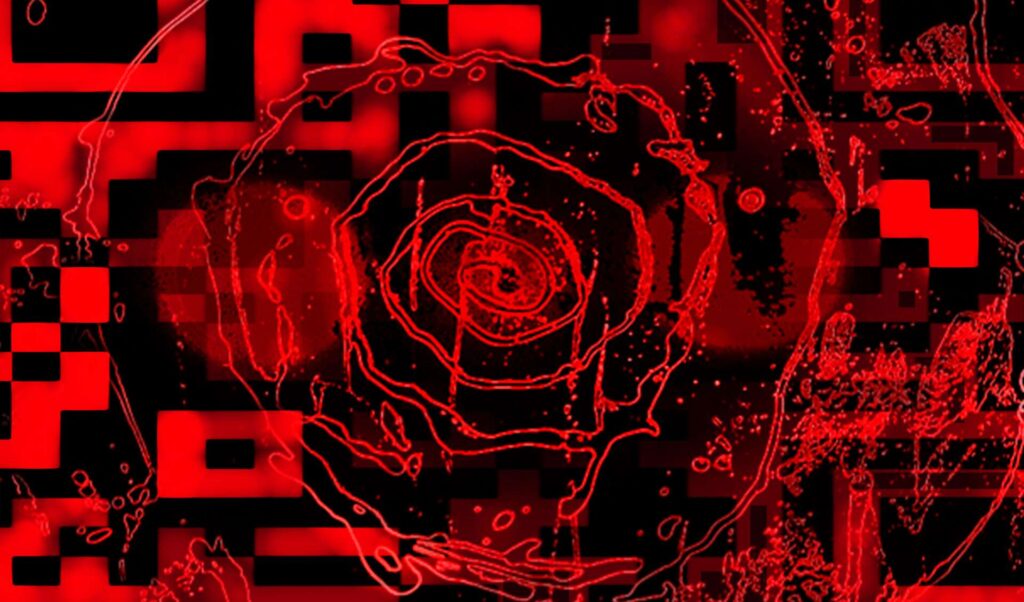
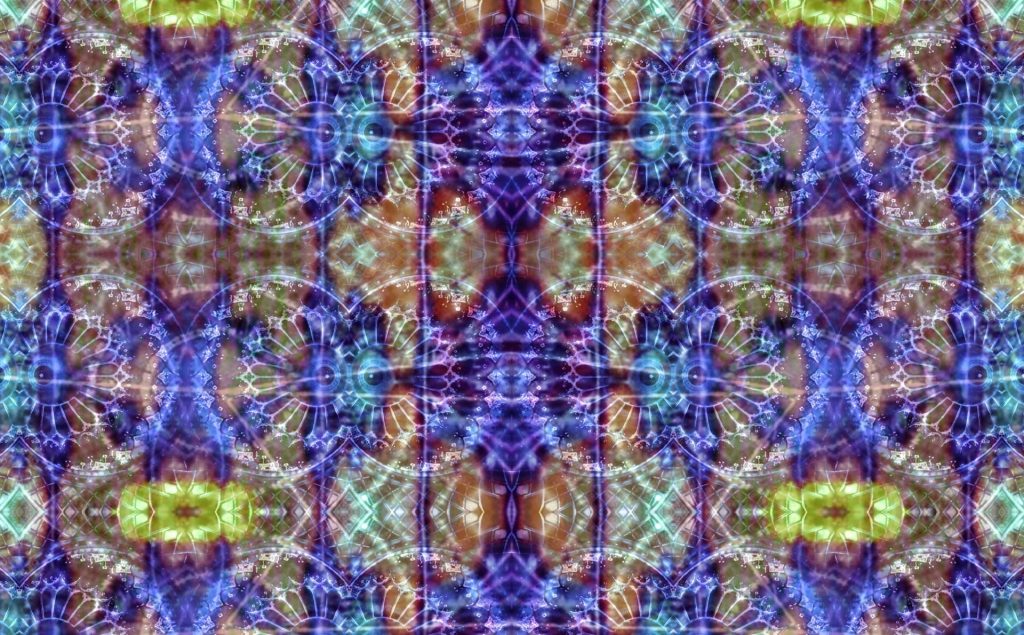
by Jaron Lanier
A common claim in utopian technology culture is that people—well, perhaps not everyone—will be uploaded into cloud computing servers* later in this century, perhaps in a decade or two, to become immortal in Virtual Reality. Or, if we are to remain physical, we will be surrounded by a world animated with robotic technology. We will float from joy to joy, even the poorest among us living like a sybaritic magician. We will not have to call forth what we wish from the world, for we will be so well modeled by statistics in the computing clouds that the dust will know what we want.
Surveillance by the technical few on the less technical many can be tolerated for now because of hopes for an endgame in which everything will become transparent to everyone. Network entrepreneurs and cyber-activists alike seem to imagine that today’s elite network servers in positions of information supremacy will eventually become eternally benign, or just dissolve. In the telling of digital utopias, when computing gets ultragood and ultracheap we won’t have to worry about the reach of elite network players descended from today’s derivatives funds, or Silicon Valley companies like Google or Facebook. In a future world of abundance, everyone will be motivated to be open and generous. Bizarrely, the endgame utopias of even the most ardent high-tech libertarians always seem to take socialist turns. The joys of life will be too cheap to meter, we imagine. So abundance will go ambient. This is what diverse cyber-enlightened business concerns and political groups all share in common, from Facebook to WikiLeaks. Eventually, they imagine, there will be no more secrets, no more barriers to access; all the world will be opened up as if the planet were transformed into a crystal ball. In the meantime, those true believers encrypt their servers even as they seek to gather the rest of the world’s information and find the best way to leverage it. It is all too easy to forget that “free” inevitably means that someone else will be deciding how you live.
by Ray Kurzweil
The story of human intelligence starts with a universe that is capable of encoding information. That the laws of physics are so precisely tuned to have allowed the evolution of information appears to be incredibly unlikely.
The mammalian brain has a distinct aptitude not found in any other class of animal. We are capable of hierarchical thinking, of understanding a structure composed of diverse elements arranged in a pattern, representing that arrangement with a symbol, and then using that symbol as an element in a yet more elaborate configuration.
Through an unending recursive process, we are capable of building ideas that are ever more complex. We call this vast array of recursively linked ideas knowledge.
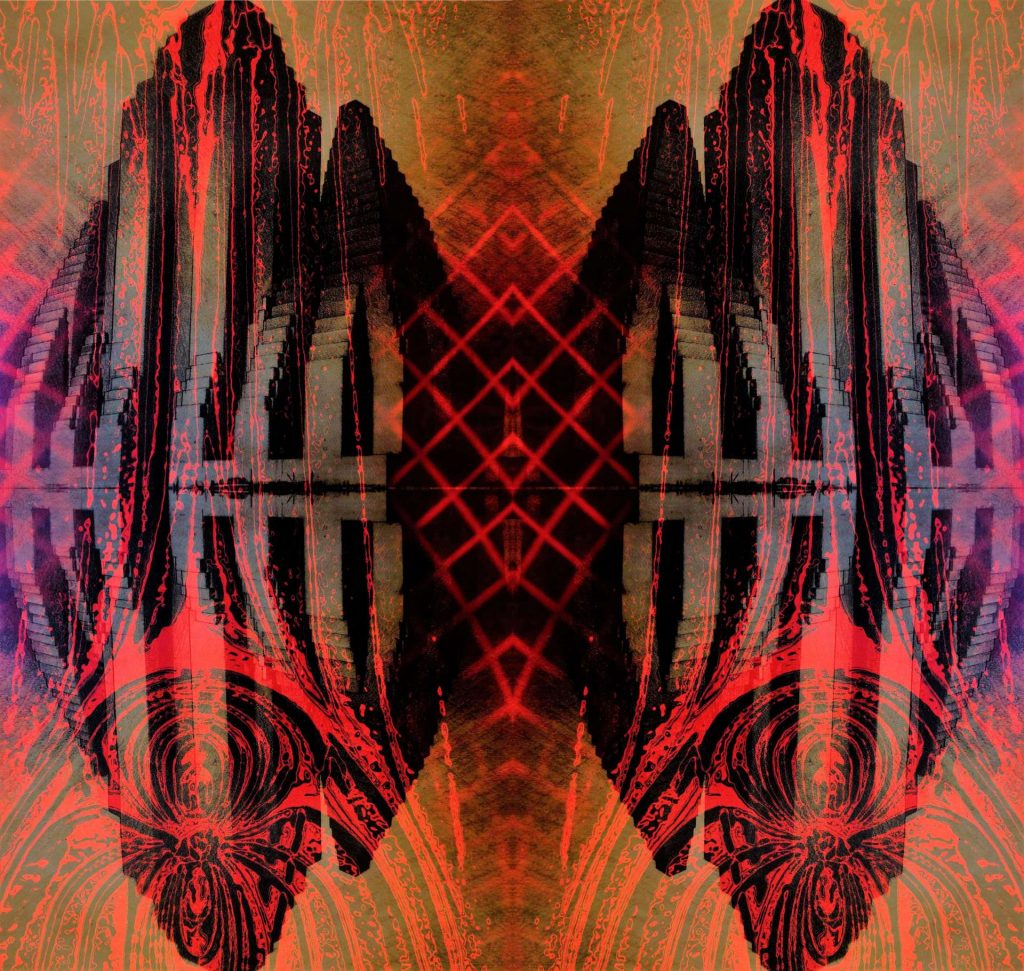
Copyright © 2024 All Rights Reserved.